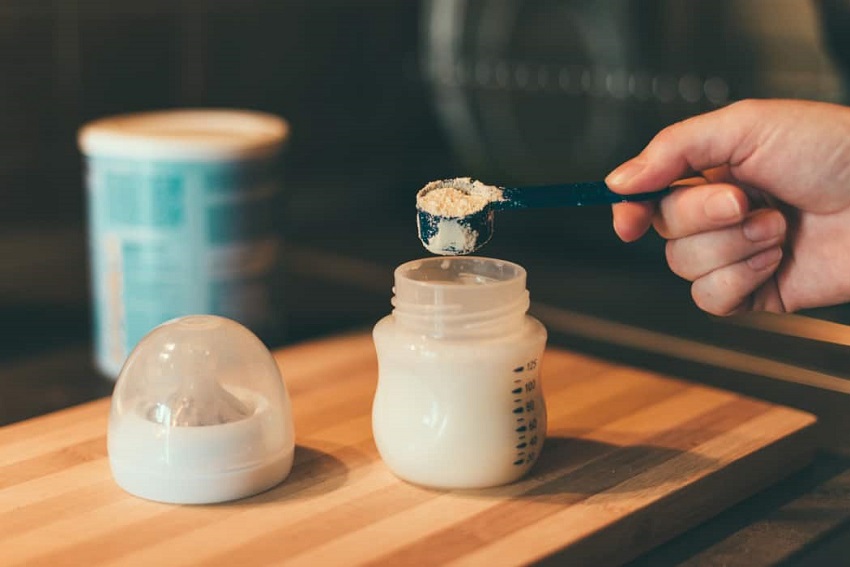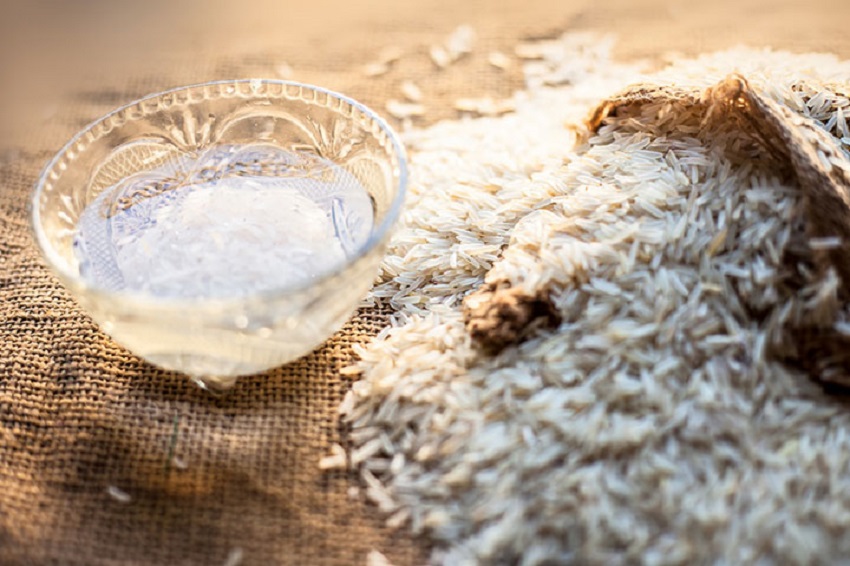
24 Jul Can I Mix Rice Water with Formula? A Guide for Parents
As a new parent, you want the best for your little one, and that includes providing them with the right nutrition. When it comes to feeding your baby, formula feeding is a common choice for many parents. However, you may have heard about using rice water as a home remedy to help with various baby-related issues. But can you mix rice water with formula? In this article, we’ll explore the concept of using rice water for babies, its potential benefits, risks, and everything you need to know to make an informed decision. The article is submitted by https://www.bulksgo.com
What is Rice Water?
Rice water is the liquid that remains after boiling or soaking rice. It has been used for centuries in some cultures as a home remedy for various purposes, including skin care and hair care. In recent times, it has gained popularity as a potential remedy for babies with certain issues. Discover how to make rice water for baby.
The Potential Benefits of Rice Water for Babies
Soothing Effect on Baby’s Digestive System
Some parents believe that rice water can have a soothing effect on a baby’s digestive system, especially if the baby is experiencing minor discomfort or an upset stomach.
Mild Hydration
Rice water may provide mild hydration to babies, similar to offering plain water, although it should not be considered a replacement for formula or breast milk.
Nutritional Content
Rice water contains some nutrients from the rice, but it lacks the essential nutrients that babies need for their growth and development.
Risks and Precautions
Lack of Nutritional Balance
The most critical concern about using rice water in combination with formula is that it lacks the balanced nutrition necessary for a baby’s health.
Contamination Risk
Improperly prepared rice water may pose a risk of bacterial contamination, which could be harmful to a baby’s delicate immune system.
Allergic Reactions
Some babies may have allergies or sensitivities to certain components in rice water, leading to adverse reactions.
When to Avoid Mixing Rice Water with Formula
It is generally recommended to avoid giving rice water or any other food or drink besides breast milk or formula to babies younger than six months. If your baby has any health conditions or allergies, it’s best to consult a pediatrician before introducing rice water or any other new substances.
Safe Alternatives to Rice Water
Stick to Recommended Formula
H2: The most reliable source of nutrition for babies is their recommended formula, which provides all the necessary nutrients for healthy growth.
Consult a Pediatrician
H2: If you have concerns about your baby’s digestion or hydration, always consult a pediatrician for expert advice and suitable remedies.
In conclusion, while rice water has been used as a home remedy in some cultures, it is not a recommended practice to mix rice water with formula for babies. Rice water lacks the balanced nutrition required for healthy growth, and there may be potential risks of contamination and allergic reactions. For the best nutrition and care for your baby, it’s essential to stick to recommended formula feeding and consult a pediatrician for any health concerns.
FAQs
- Can rice water replace formula or breast milk for my baby?
No, rice water lacks the essential nutrients babies need for healthy growth, so it should not replace formula or breast milk.
- Is rice water safe for babies?
Rice water may not be entirely safe for babies, especially if not prepared properly, as it can carry a risk of bacterial contamination.
- Can rice water help with colic?
There is no scientific evidence to support the use of rice water for colic relief in babies.
- How can I soothe my baby’s upset stomach?
If your baby has an upset stomach, it’s best to consult a pediatrician for appropriate remedies and advice.
- When can I introduce solid foods to my baby?
It is generally recommended to introduce solid foods to babies around 6 months of age, but individual development may vary. Consult your pediatrician for guidance.



Sorry, the comment form is closed at this time.